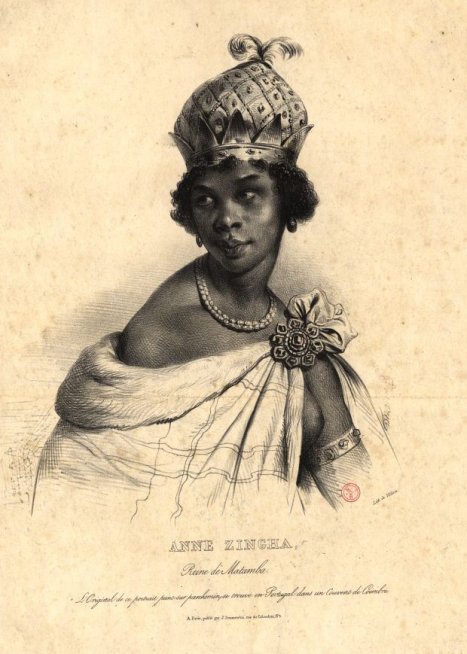I have been championing 12 Years since before it hit the theaters. I’d seen the trailer and read the back story. To me it showed some things that we don’t often see; depictions of freed Blacks in the North, slaves interacting with the Native Americans, and the raw insanity that the system of slavery produced in both the master and slave…
I know… there are folks out there that feel as if we have had slavery movies shoved down our throats since the seventies. Those movies, 50 by one person’s estimation, were in fact, one mini-series. Roots. Roots is the alpha and omega of our education on how we endured the holocaust of slavery. It was… impressive. I’ve read the book and seen the series. It doesn’t show the entirety of the story. No one movie could.
12 Years a Slave did an incredible job but, like Roots, it’s just one movie. It isn’t an omnibus of every experience during those 246 years. If you want to see depictions of rebellion, (I do!) you may have to wait until Danny Glover lands the funding for his long shelved Toussaint Louverture project. Or you can check out Sankofa. It was the labor of love of Haile Gerima, who wrote, produce, directed and then distributed it in 1993.
The fictional piece followed a narcissistic fashion model as she was transported back through time at during a Goree Island photo shoot. Like 12 Years a Slave, it was an exhausting movie to watch. Unlike 12 Years, there was no white savior in Sankofa. Victory was won with the machete.
Of course, some folks feel as if we need to jump over those centuries all together. We were Kings and Queens in Africa (and scholars and priests and even lowly subjects). They want to see more of that in our theaters.
Let’s. I would like nothing more than to bring my kids to a movie about Nzinga, scourge of the Portuguese in pre colonial Angola. But that doesn’t mean that I feel that our experience here has been exhausted. The force of slavery continues to influence who we’ve become as a people. Until we navigate that mental minefield, it’s going to be damned hard for us to advance. We can’t slip the snare if we refuse to look at it.
Besides, our heroes; Harriet Tubman, Denmark Vesey, Gaspar Yanga and countless others, were every bit as powerful and Queen Nzinga. Someone must sing their praises, but to do that we have to learn their struggle.

